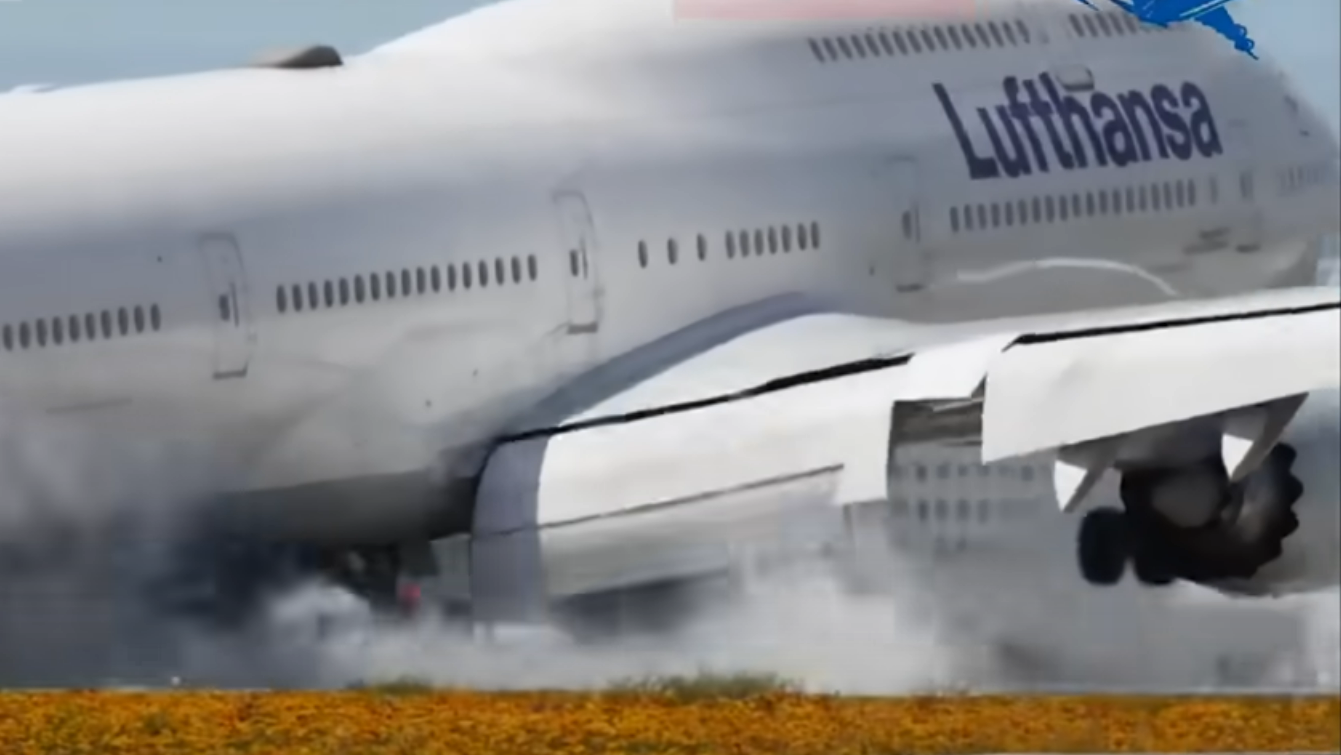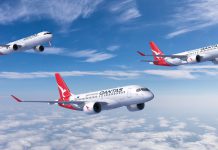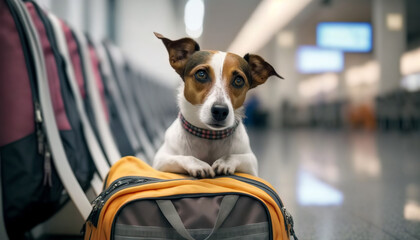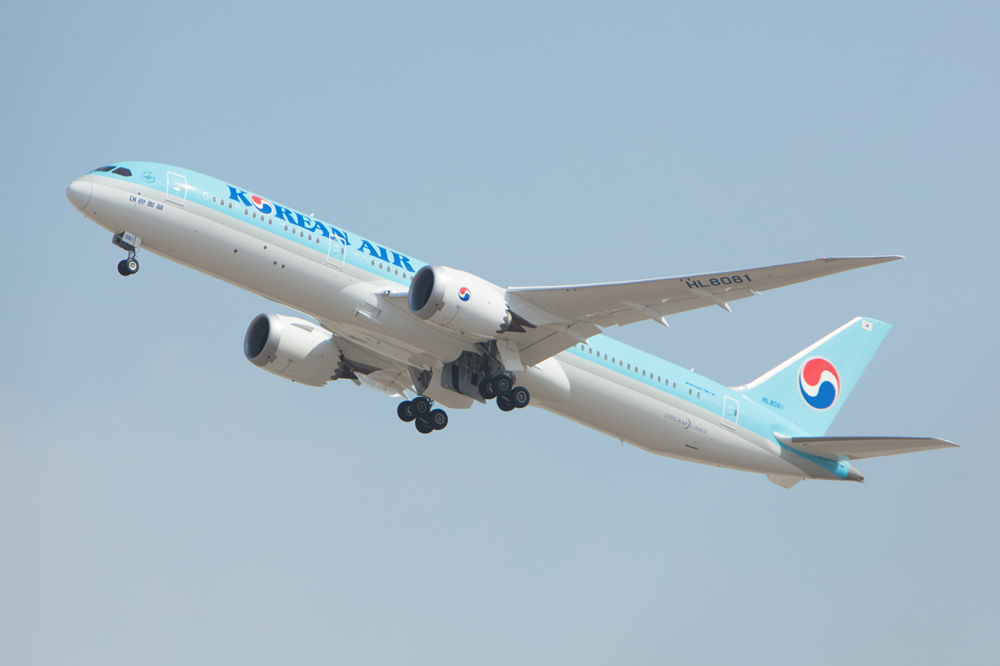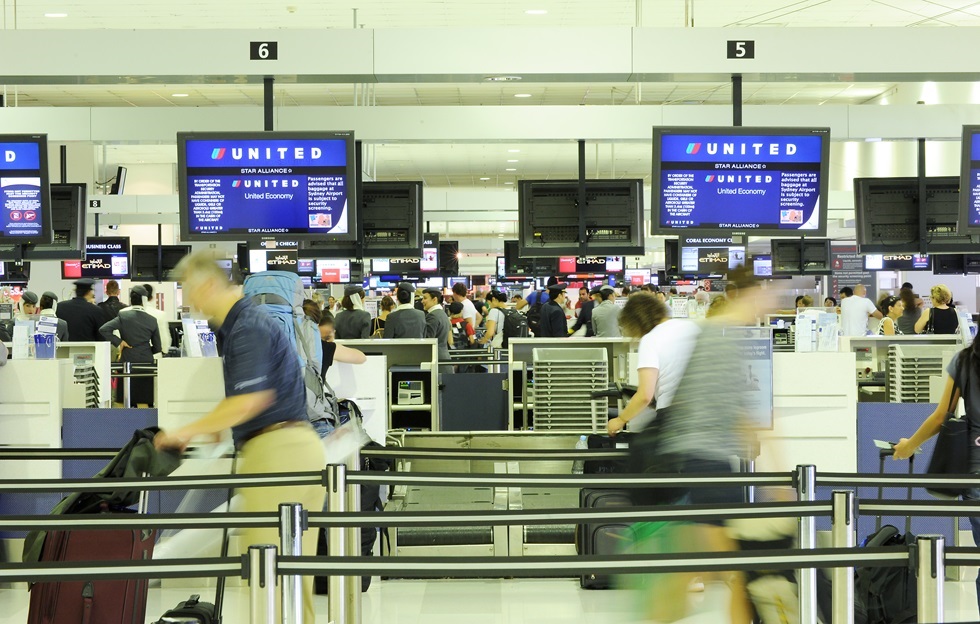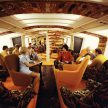AUSTRALIA’S four biggest airports continue to make massive profit margins of up to 73 per cent on parking and have increased the amount they charge airlines to handle passengers by a collective $A1.57 billion over the past decade, the nation’s competition watchdog has found.
All four airports were rated as “good’’ in the Australian Competition and Consumer Commission’s 2015-16 Airport monitoring report, marking an improvement for Sydney and Melbourne airports on their ratings in last year’s report as “satisfactory”.
Perth Airport was singled out for a second year of notable improvement but the report showed none of the airports has ever achieved the highest rating of “excellent” and that satisfaction had stayed roughly in the same band.
The ACCC’s annual report is based on airline and passenger surveys as well as objective measures. It was introduced after privatisation as part of a light-handed regulatory regime over the monopoly operators of Australia's four gateway airports.
Although aeronautical profit margins had fallen at three of the four airports, they still ranged from 46.7 per cent at Sydney Airport to 33.5 per cent in Perth. Brisbane came in at 44.9 percent and Melbourne at 38.2 per cent.
The report found airports were recovering substantially more aeronautical revenue per passenger than a decade ago as they moved to offset increased costs per passenger and grow profit margins.
“The ACCC estimates that over the past decade, these airports have collected $A1.57 billion more in revenue from airlines than they would otherwise have collected if average prices were held constant in real terms,” ACCC chairman Rod Sims said. “Despite these much higher revenues per passenger, ratings of service quality are not materially different from those seen a decade ago.”
On the parking front, Sydney Airport continued to make the biggest profit margin of 73.1 cents in the dollar followed by Brisbane (66.1 per cent) Melbourne (59 per cent) and Perth (55.6 per cent).
However, the ACCC found that more consumers were taking advantage of online discounts, particularly for long-term parking, that could be half that of drive-up pricing.
The commission also argued the benefits of an independent operator of Sydney’s proposed second airport at Badgerys Creek.
Sydney Airport has first refusal on the project but there has been increasing speculation it will not take up the option and the government will seek alternative investors or build the airport itself.
“A second international airport competing with Sydney Airport will yield significant benefits to both consumers and airlines,” Mr Sims said.
“On the other hand, a common owner of the two airports would have an incentive to restrict investment and delay the new airport in order to maximise returns from its existing assets.
“If Sydney Airport does not build and operate the new airport, the Government can build the airport and sell the assets once it is already established.”
Welcoming this year’s rating improvement, Sydney Airport chief executive Kerrie Mather said the airport had invested $A3.4 billion in airport improvements since 2002 and planned to invest a further $A1.3 billion in the next five years.
“This investment is delivering improved quality of service ratings during a time of unprecedented passenger growth and we look forward to building on this momentum in the future,’’ she said.


